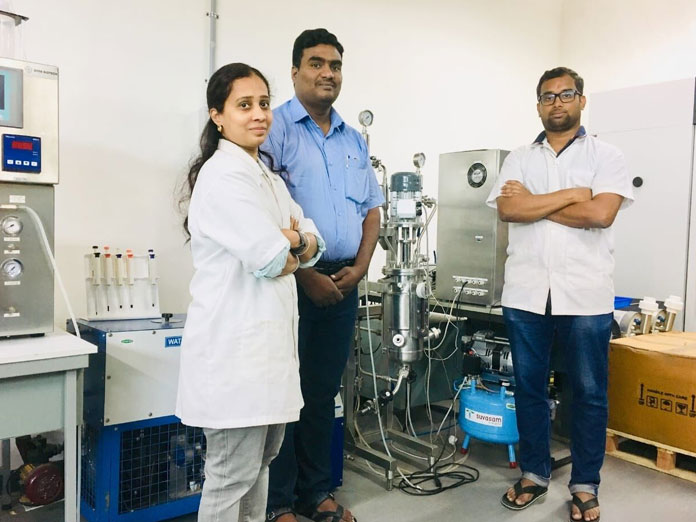Antarctic fungi could treat childhood cancer

A fungi found deep down in Antarctic proliferating under adverse temperatures as low as 20 deg C could be the answer to treat childhood cancer with minimal side effects This discovery was made by a research team from IITHyderabad and the National Centre for Polar and Ocean Research NCPOR, Goa Kudos to the teamThe research team has isolated the Antarctic fungi that contains LAsparaginase,
Hyderabad: A fungi found deep down in Antarctic proliferating under adverse temperatures as low as -20 deg C could be the answer to treat childhood cancer with minimal side effects. This discovery was made by a research team from IIT-Hyderabad and the National Centre for Polar and Ocean Research (NCPOR), Goa. Kudos to the team!The research team has isolated the Antarctic fungi that contains L-Asparaginase, an enzyme-based chemotherapeutic agent used to treat Acute Lymphoblastic Leukemia.
The study has the potential to develop new chemotherapeutic treatment method that has fewer side effects than the existing methods.The IIT-Hyderabad team included Dr Devarai Santhosh Kumar, Associate Professor, Department of Chemical Engineering and Dr Asif Qureshi, Associate Professor, Department of Civil Engineering, along with their research students Anup Ashok, Kruthi Doriya and Jyothi Vithal Rao. The NCPOR team included Dr Anoop Kumar Tiwari.
Their path-breaking work has recently been published in Scientific Reports, Nature’s Open Source Journal.Acute Lymphoblastic Leukemia (ALL) is the most common type of childhood cancer.
In ALL, the bone marrow produces an excess of immature lymphocytes, a form of white blood cells. One of the most frequently used chemotherapy drugs to treat ALL is the enzyme L-Asparaginase. L-Asparaginase reduces the supply of asparagine, an amino acid that is essential for the synthesis of protein, to cancer cells. This prevents the growth and proliferation of the malignant cells.
Elaborating details, Devarai Santhosh Kumar, who is the principal investigator, said, “Extensive purification steps are necessary before L-Asparaginase derived from E. Coli and E. Chrysanthemi is used as a drug to treat ALL. This increases the cost of the drug.”The L-Asparaginase enzyme used for chemotherapy is currently derived from commonly found bacteria such as Escherichia coli and Erwinia chrysanthemi.
These enzymes are always associated with two other enzymes, glutaminase and urease, both of which cause adverse side effects in patients such as pancreatitis, hemostasis abnormalities, central nervous system dysfunction and immunological reactions. The research team looked at Psychrophiles as alternate sources of the enzyme. Psychrophiles are organisms that are capable of growth and reproduction in low temperatures in the range of −20 °C to +10 °C, such as those found in Antarctic regions.
Industrial Bioprocess and BioProspecting Laboratory Research Team, seeking alternate sources of L-Asparaginase, screened and isolated fungi collected from the soil and mosses in Antarctica. These fungi were found to have L-Asparaginase free of glutaminase and urease.















